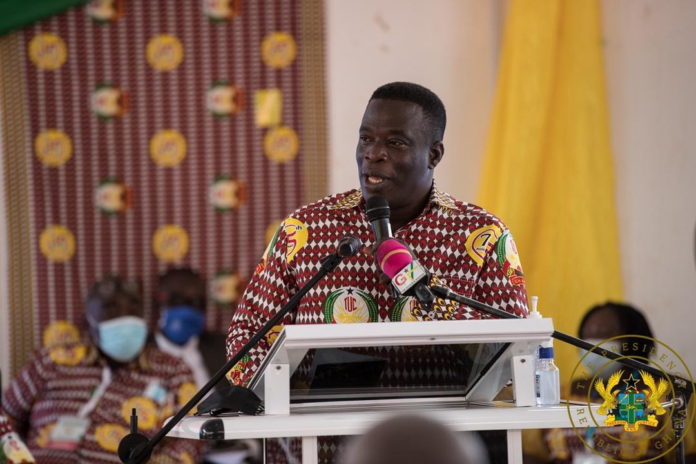
Sixty four percent of working Ghanaians are financially stressed, particularly amongst lower income earners (below GH¢3,000 per month) and those working in the informal sector, the 2023 Old Mutual Financial Services Monitor has revealed.
According to the report, 55% indicated that they are earning less than pre-2022 / recession levels.
The report added that instead of the workers relying on personal savings, they rather than turning to personal loans or borrowing from formal financial institutions, to cover expenses.
“In an effort to make ends meet, 61% have dipped into their savings. 54% rely on their personal savings as a source of income.
“The incidence of taking out a loan from a financial services provider is low at 10%, but consumers are turning to other sources of borrowing – 24% have borrowed from friends/family, and a further 12% have borrowed from a Susu”.
Half of consumers earning less than a year ago
Meanwhile, the report disclosed that just over half of Ghanaian consumers are now earning less than they were a year ago. This is before the recession in September 2022.
Close to one in four noted that they are earning more now than prior to September 2022.
Given the recessionary environment, the report added that consumer confidence in the Ghana economy is low, with less than one in six working Ghanaians showing confidence in the country’s economy.
Despite current pressures, consumers are optimistic about their future outlook. More than 90% of Ghanaians believe that their financial situation will improve over the next six months.
The report revealed that the economic environment is tough, with poverty, debt, rising food prices, amongst others compounding the financial situation of consumers globally and across Africa. The spiraling cost of living has further pressured consumers, and undermined their buying power.
The primary objective of the Old Mutual Financial Services Monitor is to understand the working population’s financial behavior, perceptions, and attitudes in Ghana, providing the consumer lens context and texture to economic data.

![We’ll win Akwatia by-election – Mustapha Gbande declares [Video]](https://www.adomonline.com/wp-content/uploads/2025/07/1000471849-218x150.jpg)




